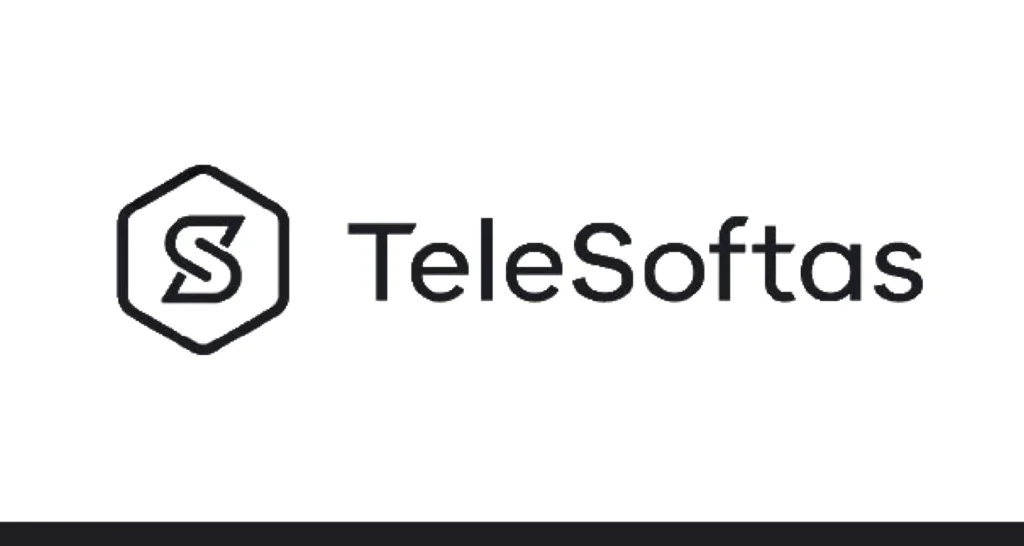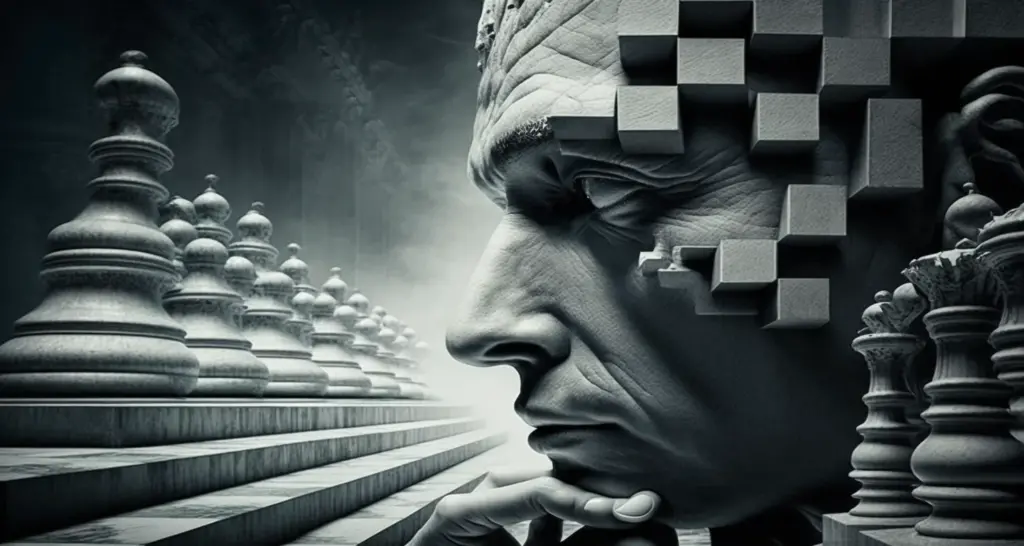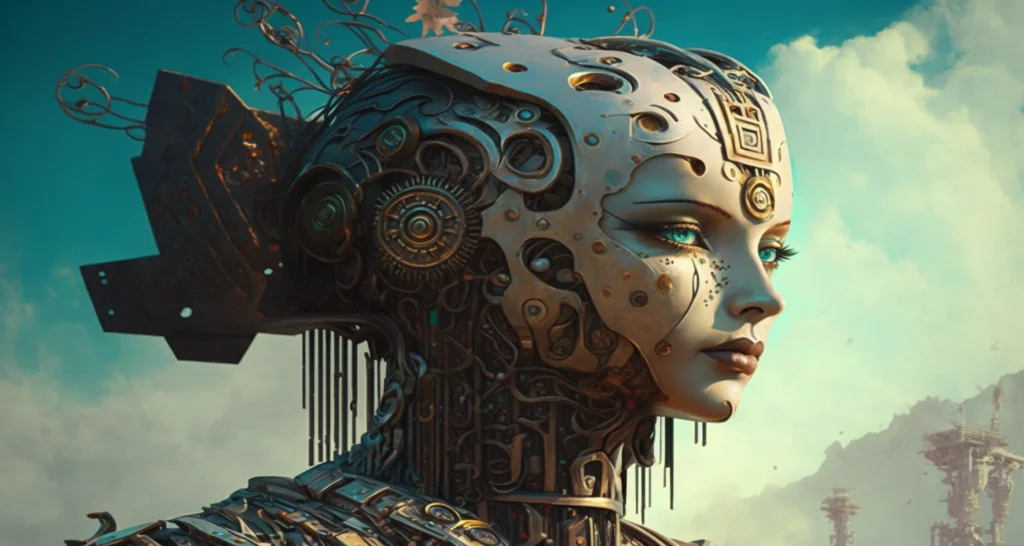Smart contract – a computer protocol that allows you to conduct transactions and control their execution using mathematical algorithms.
For example, if you promised your child a million rubles as a wedding gift, this could be written into a smart contract with access to your account. As soon as the contract sees that your son has a registered marriage, it transfers the money directly to him, and you may even be dead by now, not having waited for this happy moment. You don’t need a banker, a registry office, a notary public, or a will to do this. You don’t have to wait or check anything. Everything will work itself out.
Smart contracts are stored on a blockchain platform.
When the parties enter into a smart contract, they spell out the terms of the deal, and penalties for non-compliance, and digitally sign their signatures. The brilliant content and act determine whether the conditions are met and decide whether to close the deal, penalize the parties, or shut down access to the assets altogether.
History
The term “smart contracts” belongs to software scientist Nick Szabo. He coined the concept back in 1993, a decade or two ahead of his time. Szabo believed that the development of smart contracts with digital security mechanisms could significantly improve traditional legal contracts. He cited vending machines (the same ones that make coffee, pour sodas, or sell chips and candy bars) as an example of a smart contract. If the terms of the contract suit the customer, he puts money into the machine and the machine automatically honors the unwritten agreement and dispenses the purchase.
The nuances of
The advantages of smart contracts include the absence of the need for an intermediary, lower costs (because there is no third party), speed of execution (much faster than manually), and security (contracts in blockchain cannot be lost, and the process of decentralized management eliminates the risk of manipulation).
But there are also disadvantages. To fully utilize smart contracts, “oracles”-services linking the blockchain to the real world will be needed. After all, in the real world, the execution of a smart contract is tied to external events, which may provide incorrect or unreliable information, which negates all the advantages of the technology.
In addition, blockchain has no clear mechanisms for dealing with possible errors in the contract code. “If an error is discovered after a smart contract is executed, the logic of the distributed ledger makes it very difficult to correct, which can lead to financial losses for the parties.
Another problem is the unclear legal status of smart contracts.













